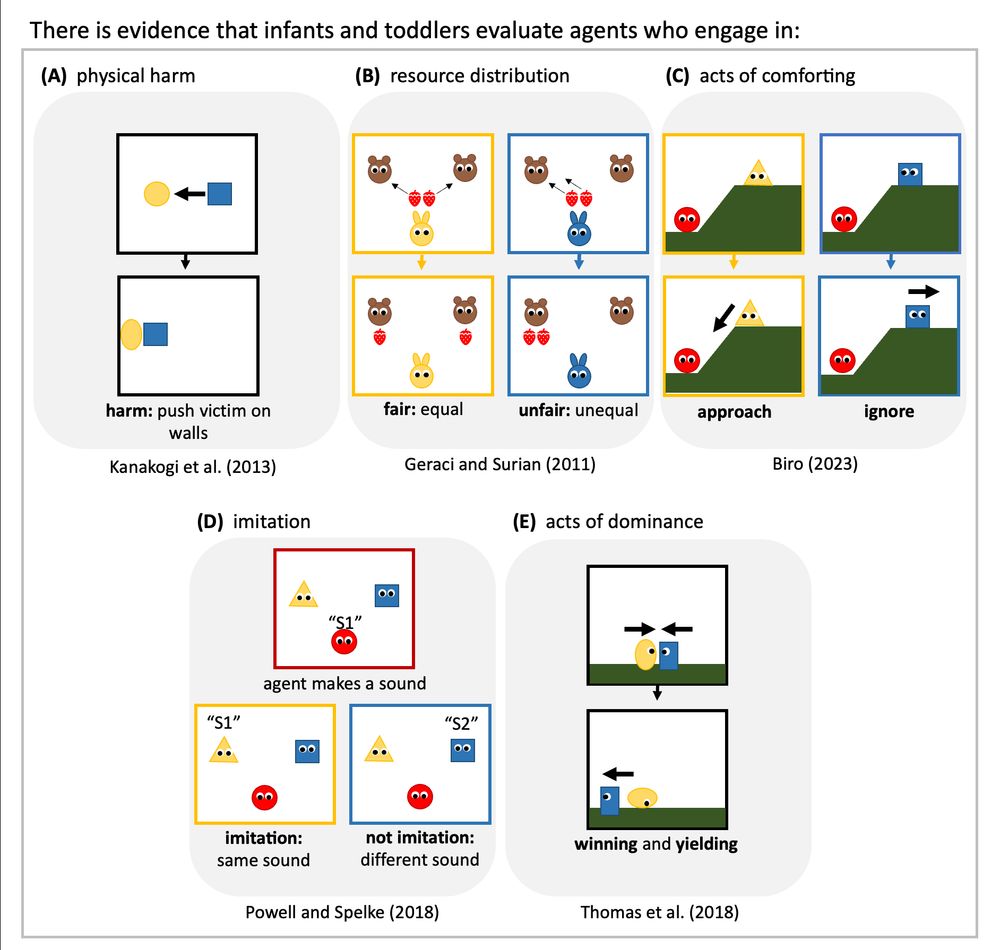
Brandon Woo
@brandonwoo.bsky.social
Cognitive scientist studying the development of the social mind. Assistant professor at UCSB. 🇨🇦🏳️🌈 (he/him)
bmwoo.github.io
bmwoo.github.io
That’s what he was named for! His old owner is a huge Disney fan
October 18, 2025 at 1:54 AM
That’s what he was named for! His old owner is a huge Disney fan
He usually avoids it if I’m already typing!
October 18, 2025 at 1:54 AM
He usually avoids it if I’m already typing!
A huge thanks to my coauthors: Anushka Laha, Amelia Chen, and Carly Wolf. They've each been studying early social evaluation in the lab, and it's been a lot of fun to think about these methods with them. They’re all applying for graduate school soon, so look out for their applications!

October 14, 2025 at 5:39 PM
A huge thanks to my coauthors: Anushka Laha, Amelia Chen, and Carly Wolf. They've each been studying early social evaluation in the lab, and it's been a lot of fun to think about these methods with them. They’re all applying for graduate school soon, so look out for their applications!
The larger body of evidence therefore suggests that early social evaluation is a real phenomenon. But we note that within each paradigm, only a few groups have studied each kind of social behavior (e.g., imitation), and the field would benefit from more independent replication attempts.
October 14, 2025 at 5:39 PM
The larger body of evidence therefore suggests that early social evaluation is a real phenomenon. But we note that within each paradigm, only a few groups have studied each kind of social behavior (e.g., imitation), and the field would benefit from more independent replication attempts.
We review evidence that infants and toddlers evaluate a wide range of social behaviors, beyond helping and hindering, and that there are multiple ways to study early social evaluation, beyond preferential reaching methods.


October 14, 2025 at 5:39 PM
We review evidence that infants and toddlers evaluate a wide range of social behaviors, beyond helping and hindering, and that there are multiple ways to study early social evaluation, beyond preferential reaching methods.
Classic work has found that infants reach for helpers over hinderers, but recent work has failed to replicate these findings (see work by Lucca, Yuen, and @jkileyhamlin.bsky.social, and by @laurasn.bsky.social). What do these failed replications mean for the study of early social evaluation?
October 14, 2025 at 5:39 PM
Classic work has found that infants reach for helpers over hinderers, but recent work has failed to replicate these findings (see work by Lucca, Yuen, and @jkileyhamlin.bsky.social, and by @laurasn.bsky.social). What do these failed replications mean for the study of early social evaluation?

